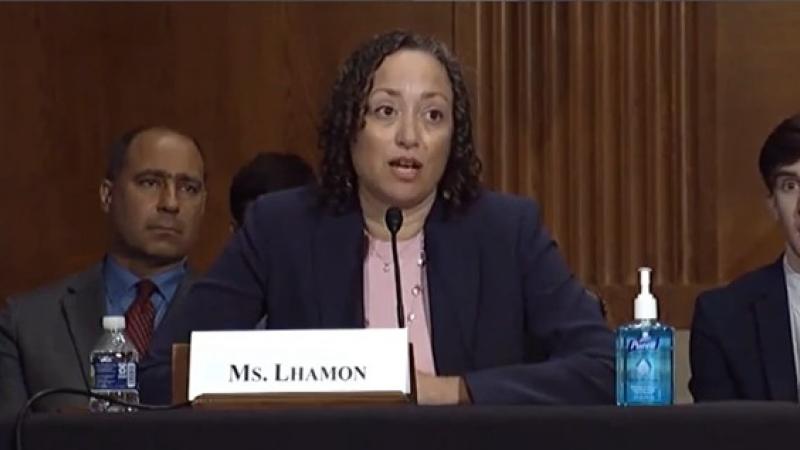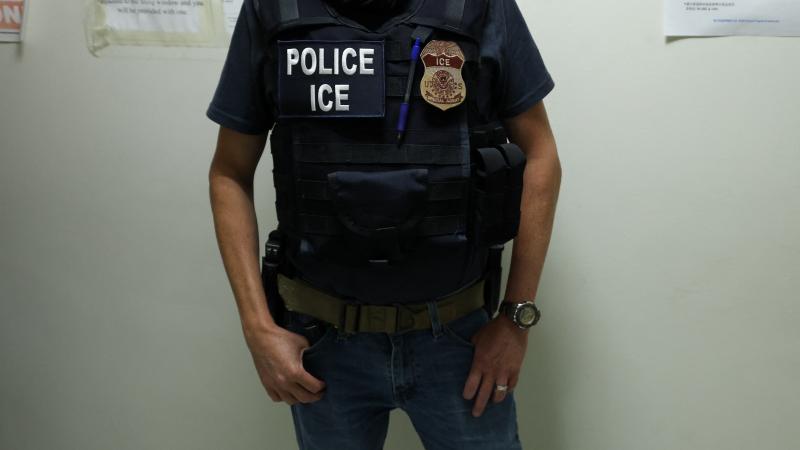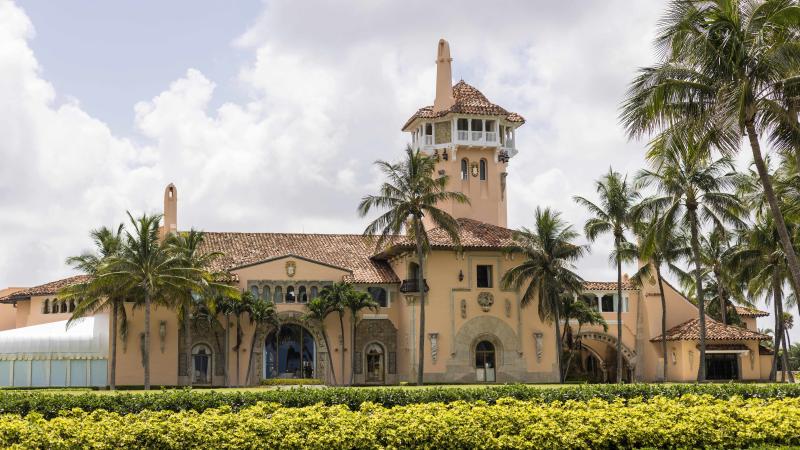Whistleblowers say human trafficking hotline operator failed to report tips to law enforcement
Senator Chuck Grassley is scrutinizing the multi-million dollar grant for Polaris Project to run the hotline after learning of the whistleblowers' allegations.
The Polaris Project, a 501(c)(3) nonprofit that administers the National Human Trafficking Hotline, regularly fails to refer tips to law enforcement for investigation, whistleblowers told the Senate Judiciary Committee, confirming an earlier complaint from a bipartisan group of state attorneys general. The Polaris Project in 2023 received $4,831,020 in government grants, according to the charity's IRS filings.
The National Human Trafficking Hotline says that it is supported by the Administration for Children and Families (ACF) of the United States Department of Health and Human Services (HHS) as part of a financial assistance award totaling $5 million annually.
In a letter to Health and Human Services Secretary Robert Kennedy, whose agency oversees Polaris' use of ACF funding, Senate Judiciary Committee Chairman Chuck Grassley presented the evidence turned over to Congress by an anonymous employee of Polaris and detailed the allegations.
The whistleblowers' disclosures, Grassley wrote, “appear to confirm the allegations that Polaris is not reporting instances of potential human trafficking to law enforcement.”
Neither Project Polaris nor the Health and Human Services department responded to requests for comment from Just the News.
Reports of sex trafficking stamped "Work not required"
“As you are aware, Polaris has received millions in taxpayer dollars to run this hotline, and if the grant is renewed, will receive an additional $9 million in funding,” Grassley wrote. “It’s imperative that HHS ensures the hotline is running efficiently and effectively to protect the countless victims of human trafficking.”
The evidence published by Senator Grassley shows Polaris received a report of a “possible [sex trafficking (ST)] situation” in March 2025. The nonprofit’s staff marked the case “Yes” for the involvement of potential minors and determined the case had “high indicators” of trafficking, according to Grassley's review of the case file. The tip also reported that the alleged victim was worried “[s]he’s going to be physically hurt by the pimp running this company,” and indicated the alleged trafficker forces other women to work for him or her.
Despite the seriousness of the allegations, the case file shows a Polaris staff member reviewed the report and labeled the file “Work Not Required.” The first whistleblower said this designation means the case was closed, and law enforcement was not notified, Grassley wrote.
A second whistleblower reported to the committee a separate February 2025 tip alleging a victim and her minor sister were being held by two potential traffickers in the United States. However, the potential victim stopped communicating because of “safety concerns,” the records show. Polaris workers labeled the case “Work Not Required” and described the status as “unclear situation as [potential victim (PV)] stopped responding.”
As in the other case, the designation meant that Polaris did not report the possible trafficking incident to law enforcement and no further action was taken.
You can read Grassley’s letter, along with whistleblower information and evidence, below:
Tristan Leavitt, President of Empower Oversight, the nonprofit group representing one whistleblower who remains anonymous, told the John Solomon Reports podcast on Friday that “it’s hard to say…whether it's simply a matter of being under resourced [or] whether it's just a matter of inattentiveness and laziness.”
The hotline says that it "supports survivors’ right to choose what those next steps might be, including whether or not to access services or report information to law enforcement. Except in situations involving potential abuse of a minor or if we believe a person is in imminent danger, the Trafficking Hotline will not take action without the consent of the person in the situation."
Reports of failure to report to law enforcement a recurring theme
“You know…there are instances where, you know, there seems to be a indication of saying, ‘Hey, we should follow up,’ and then a little bit of action, and then it just falls through the cracks,” Leavitt said. “So…whether, if there are further kind of bad intentions behind that, the whistleblower doesn't have any insight into that.”
“But you know, the effect is all the same. [These are] again, some of the most vulnerable circumstances you can imagine,” he continued.
The whistleblower evidence follows repeated letters from bipartisan groups of state attorneys general raising concerns with the federal health agency that Polaris was failing to report tips to its hotline despite its million-dollar contract and efforts by past administrations to ensure the nonprofit was better cooperating with local law enforcement.
“The National Human Trafficking Hotline had long been an integral part of our work, until it was discovered a few years ago that the organization awarded the grant to run the Hotline, Polaris, was no longer sharing tips from concerned citizens and distressed family members with local law enforcement,” a bipartisan coalition of 41 attorneys general wrote to Secretary Kennedy last month in the latest letter.
They continued, “Without those tips, our law enforcement loses critical leads to dismantling trafficking operations. We also lose valuable leads to rescuing the victims of trafficking and helping them begin the road to recovery.”
A separate coalition of attorneys generals reached out to the then-Biden administration in 2023 with similar concerns. Then-Secretary Xavier Becerra said his department would take steps to improve the hotline’s collaboration with law enforcement and that the Administration for Children and Families was “incorporating additional language in the next [funding opportunity] outlining specific coordination requirements with law enforcement.”
You can read the letter from the attorneys general, here:
The attorneys general urged the new administration to consider an applicant that “demonstrates its commitment to being a partner to our offices and local law enforcement with timely reports of trafficking tips."
Katherine Chon serves as the Director of the Office on Trafficking in Persons at the Health and Human Services Department. Her office is under the Administration of Children and Families, which oversees the hotline and funds Polaris. Before joining HHS, Chon co-founded Polaris in 2002 to “create a world without slavery” that results from human trafficking.
According to the notice of funding for the grant, the Office on Trafficking in Persons headed by Chon is the awardee of the grant, the National Review reported last month. Her prior affiliation with Polaris raises potential conflict of interest concerns, Grassley noted in the letter.
“What steps has HHS taken to ensure the apparent conflicts of interest between Polaris and Ms. Chon do not affect the contracting process?” Grassley asked. “Has Ms. Chon been walled off from these matters? If not, why not?” The senator also requested Kennedy’s office provide all records related to a recusal by Chon from overseeing her former company.
The National Human Trafficking Hotline is a government resource for victims to seek assistance or for citizens to report suspected incidents of trafficking. Since its inception, the hotline has received more than 430,000 signals—or tips—and identified more than 100,000 cases of human trafficking involving 197,000 victims, according to data published on its website. The vast majority of these cases involved sex trafficking, the records show.














